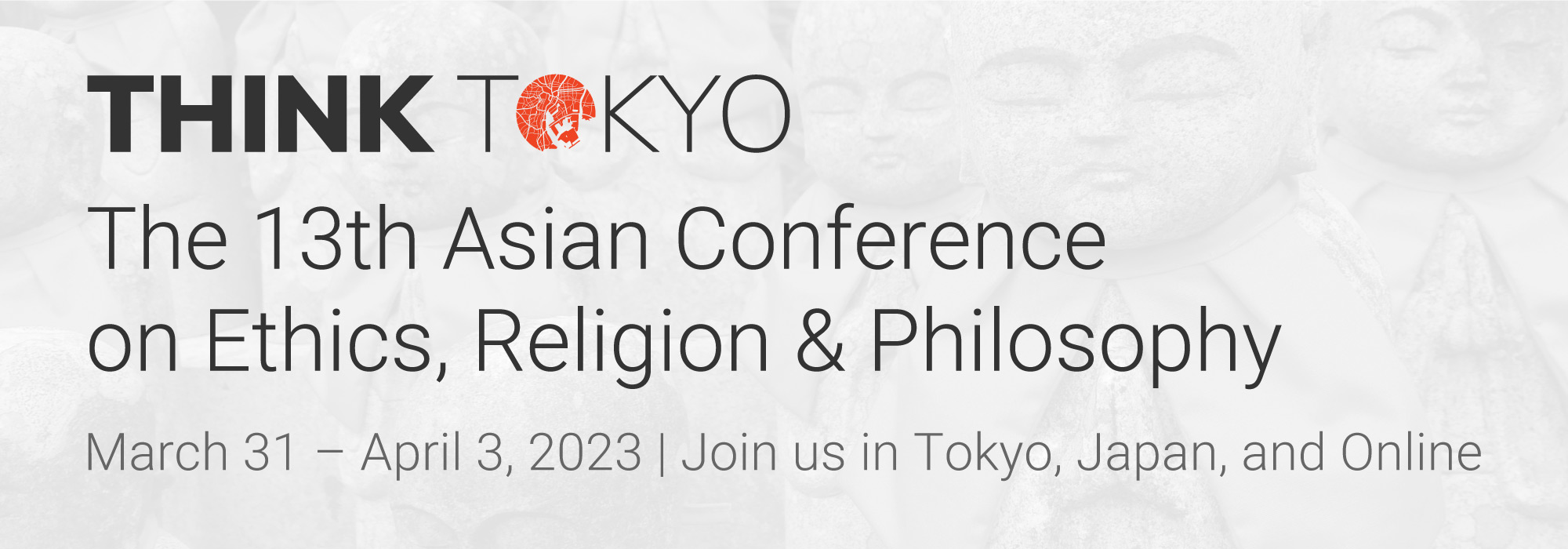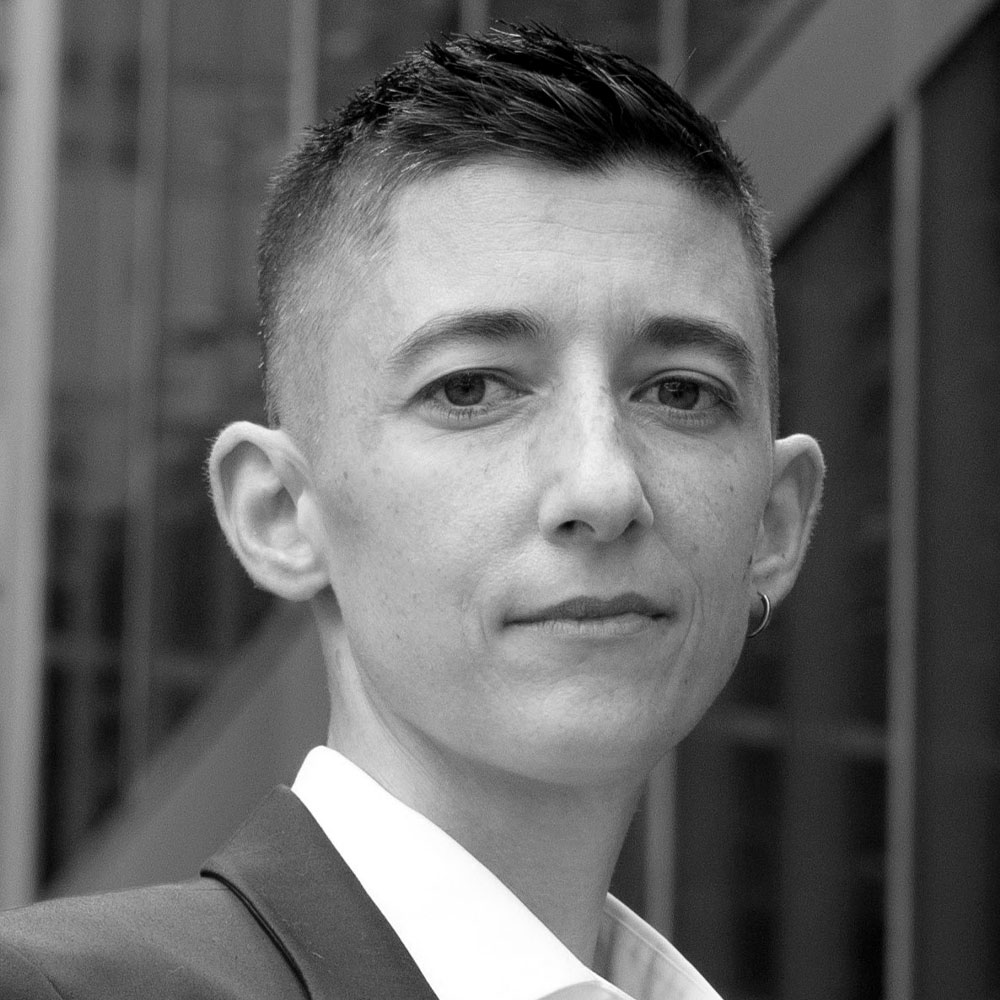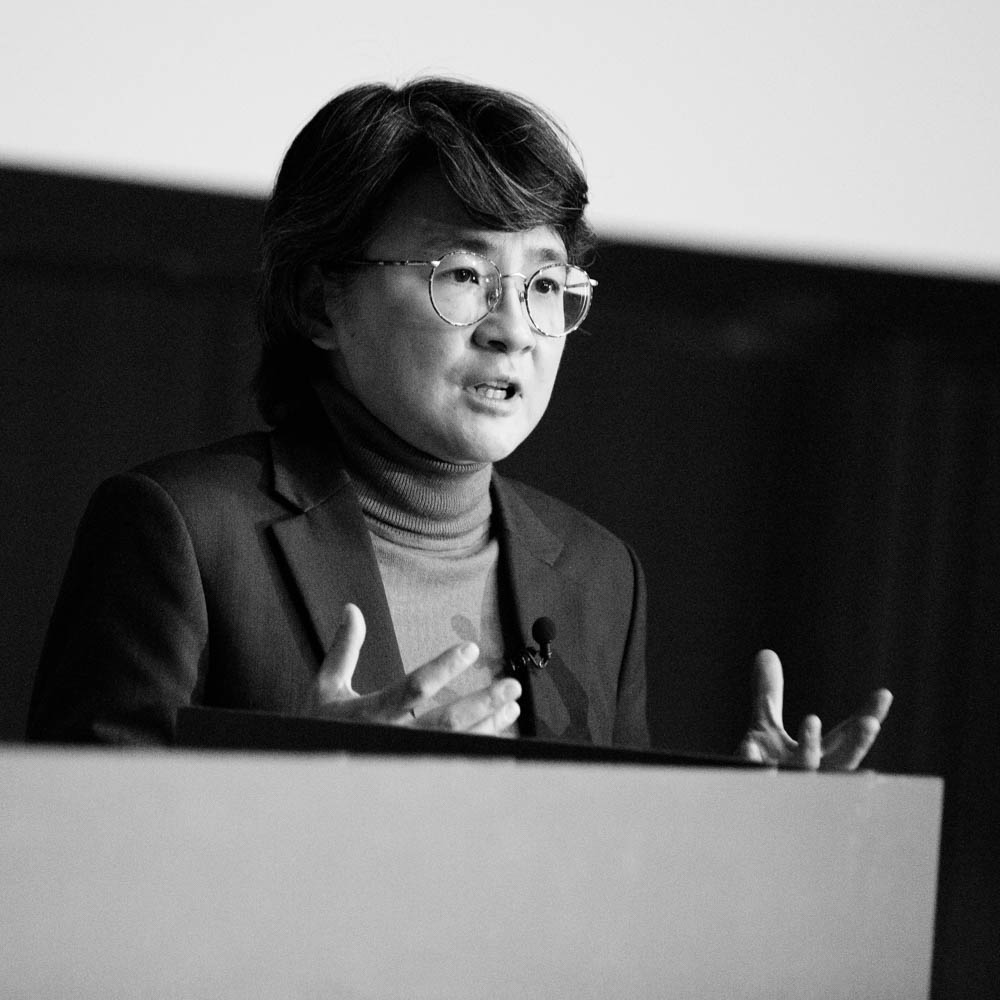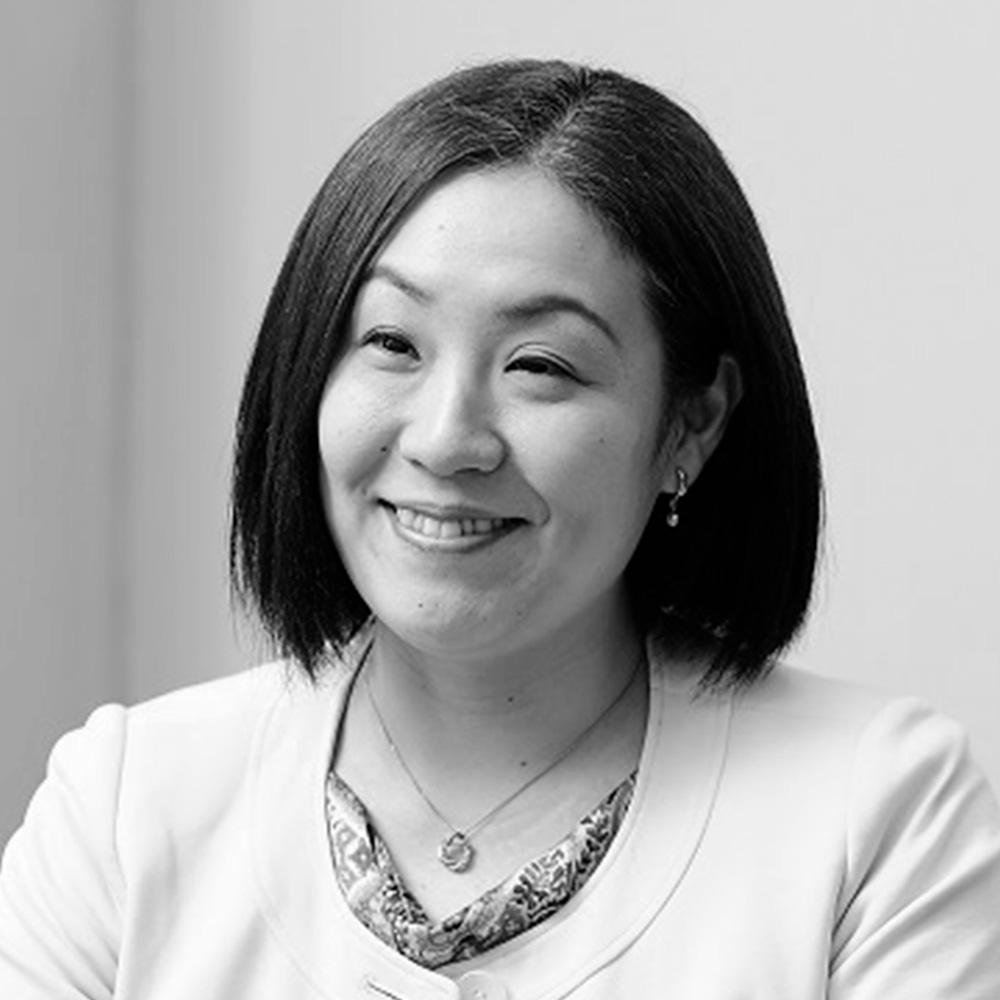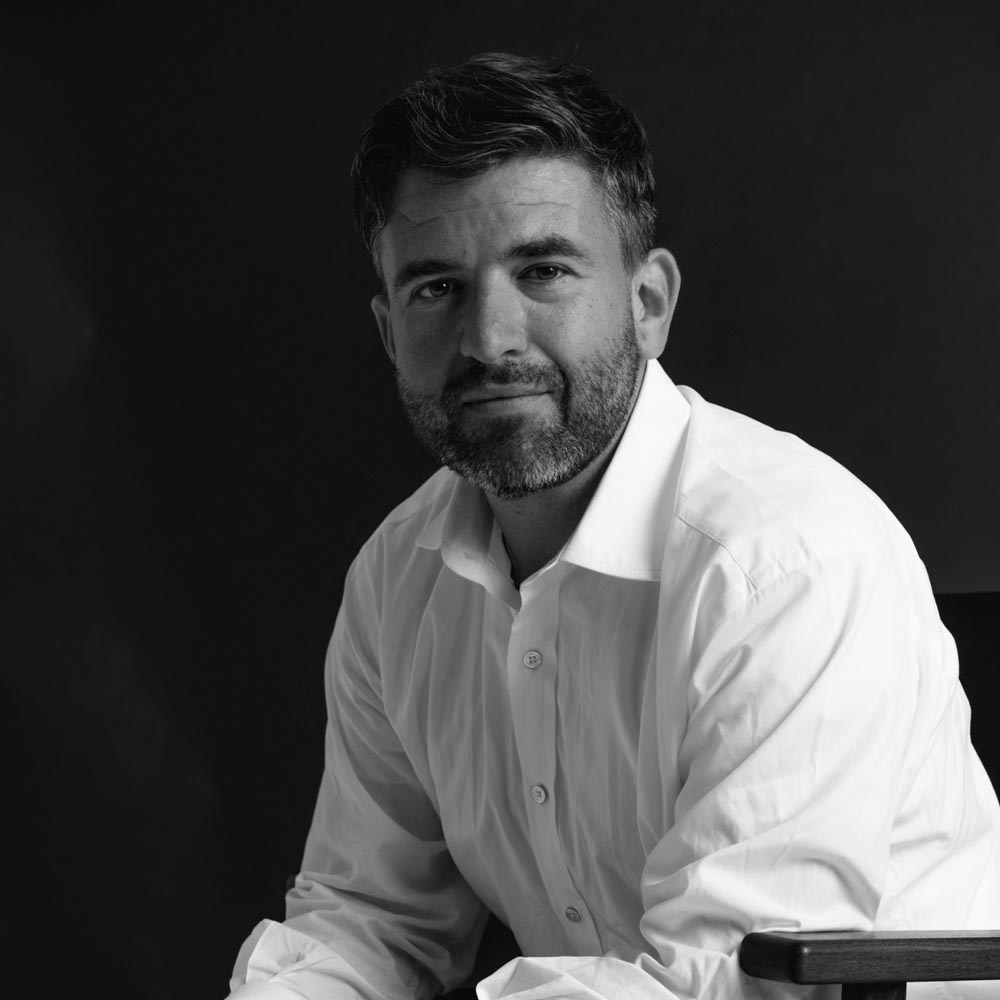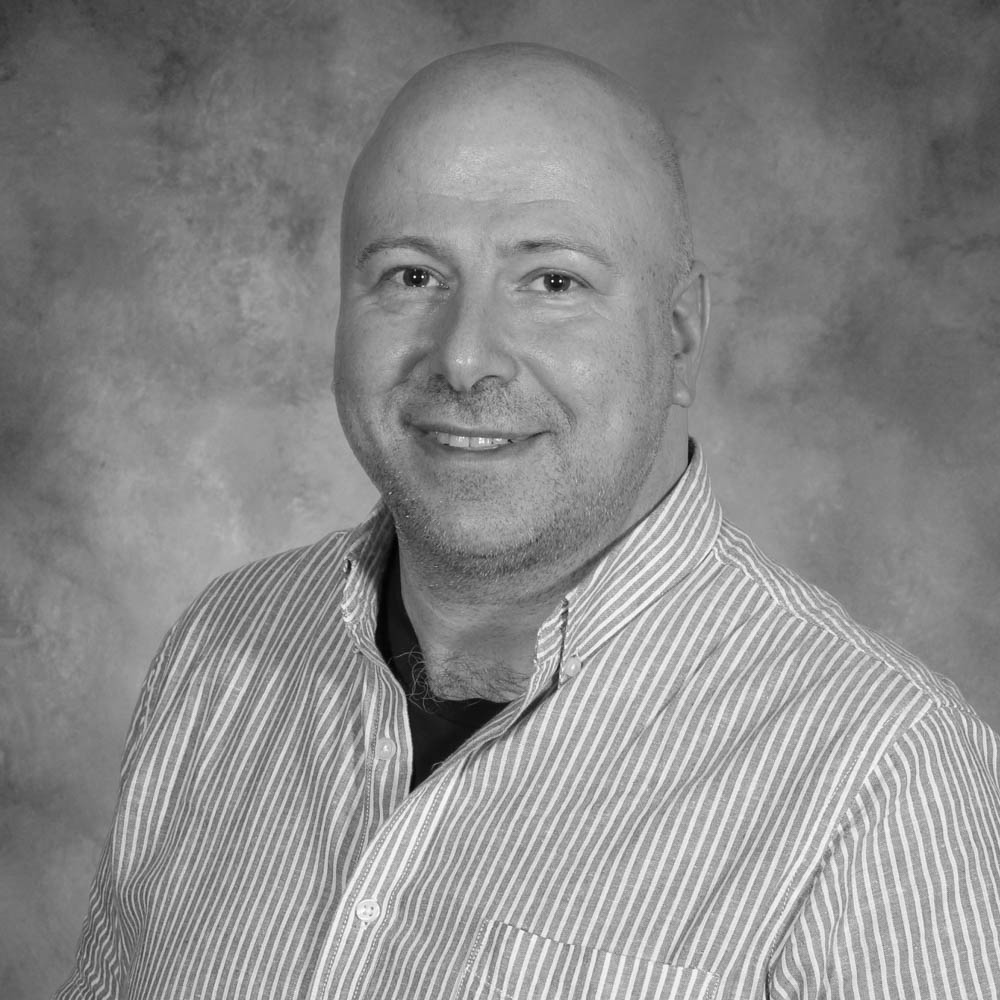
Join us for ACERP2023
March 31 – April 3, 2023 | Held in Tokyo, Japan and online
Welcome to the thirteenth concurrent Asian Conferences on Ethics, Religion & Philosophy (ACERP) and Psychology & the Behavioral Sciences (ACP), held under the umbrella name of “Think Tokyo”. This naming reflects our location in the capital city of Tokyo, and also underlines IAFOR’s mission to promote interdisciplinary study informed by reflections on how we reason, believe, and behave, as individuals, communities and societies, and on the act, art, science, and imperative of thinking. Since 2011, this extraordinary event has encouraged academics and practitioners working in and across different fields, and from different cultural, religious and national backgrounds, to come together and explore the latest ideas, network, and seek for new research paths and synergies.
Held in partnership with the IAFOR Research Centre at the Osaka School of International Public Policy (OSIPP) at Osaka University, this international conference encourages academics and scholars to meet and exchange ideas and views in a forum stimulating respectful dialogue. This event will afford an exceptional opportunity for renewing old acquaintances, making new contacts, networking, and facilitating partnerships across national and disciplinary borders.
Since its founding in 2009, IAFOR has brought people and ideas together in a variety of events and platforms to promote and celebrate interdisciplinary study, and underline its importance. Over the past year we have engaged in many cross-sectoral projects, including those with universities (the University of Barcelona, Hofstra University, UCL, University of Belgrade and Moscow State University), a think tank (the East-West Center), as well as collaborative projects with the United Nations in New York, and here, with the Government of Japan through the Prime Minister’s office.
With the IAFOR Research Centre, we have engaged in a number of interdisciplinary initiatives we believe will have an important impact on domestic and international public policy conversations. It is through conferences like these that we expand our network and partners, and we have no doubt that ACP/ACERP2023 will offer a remarkable opportunity for the sharing of research and best practice, for the meeting of people and ideas.
In conjunction with our Global Partners, we look forward to extending you a warm welcome in 2023.
– The ACP/ACERP2023 Conference Committee
- Location & Venue: Held in Tokyo, Japan and online
- Dates: Friday, March 31, 2023 to Monday, April 03, 2023
- Early Bird Abstract Submission Deadline: October 28, 2022*
- Final Abstract Submission Deadline: January 10, 2023
- Registration Deadline for Presenters: February 09, 2023
*Submit early to take advantage of the discounted registration rates. Learn more about our registration options.
Speakers
-
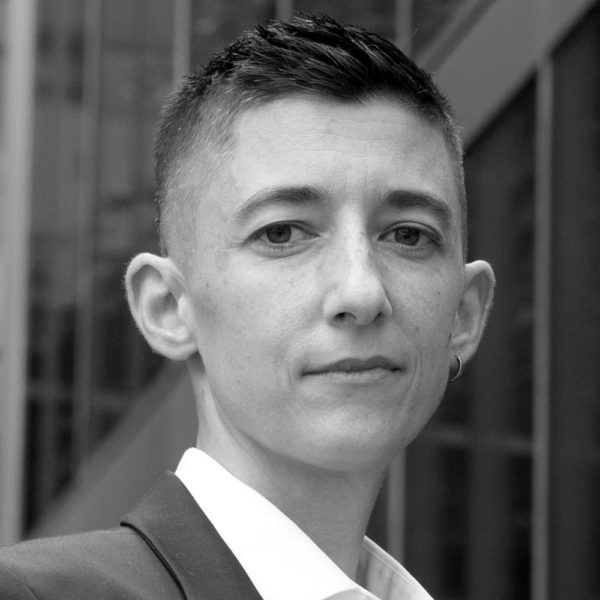 Perry ZurnAmerican University, United States
Perry ZurnAmerican University, United States -
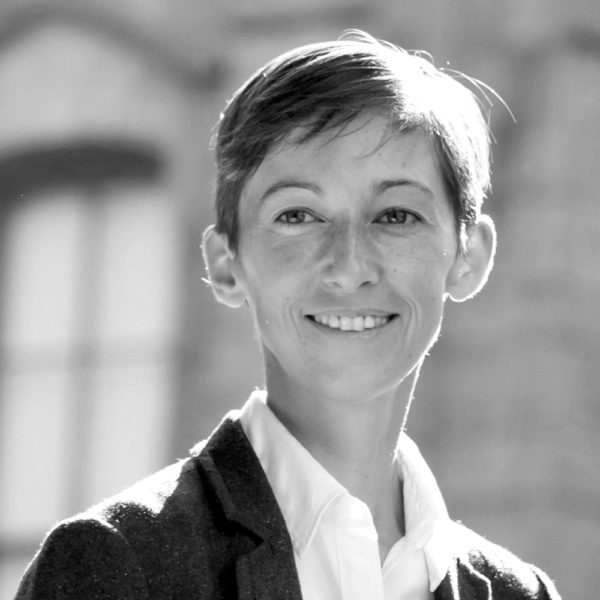 Dani S. BassettUniversity of Pennsylvania, United States
Dani S. BassettUniversity of Pennsylvania, United States -
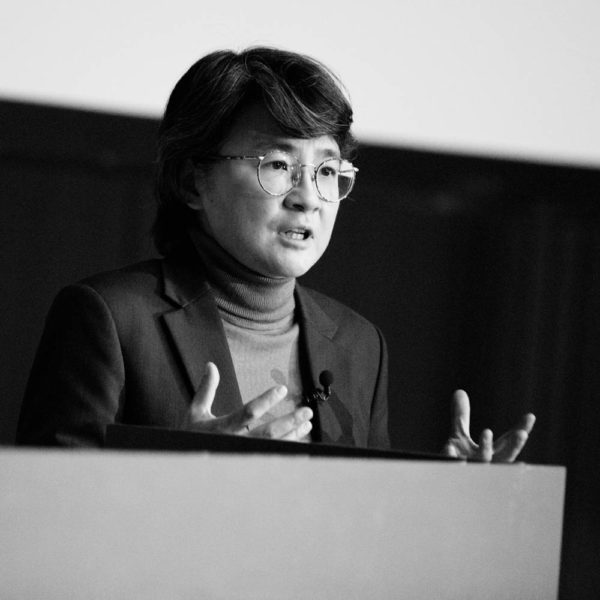 Haruko SatohOsaka University, Japan
Haruko SatohOsaka University, Japan -
 Jan SpijkerRadboud University, Netherlands
Jan SpijkerRadboud University, Netherlands -
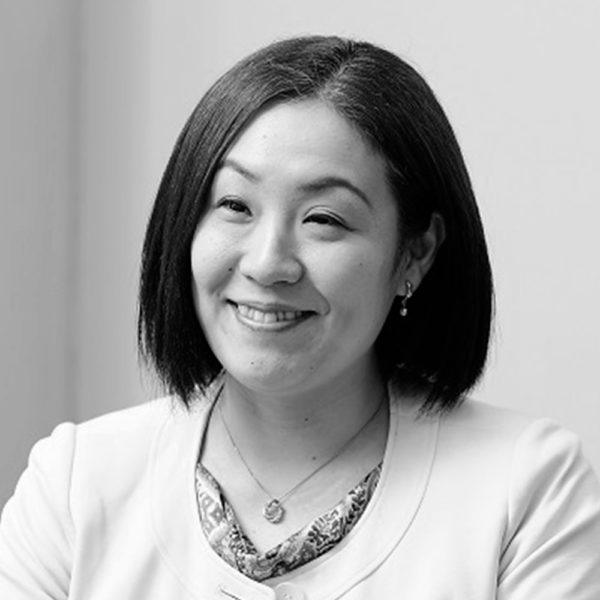 Yu NiiyaHosei University, Japan
Yu NiiyaHosei University, Japan -
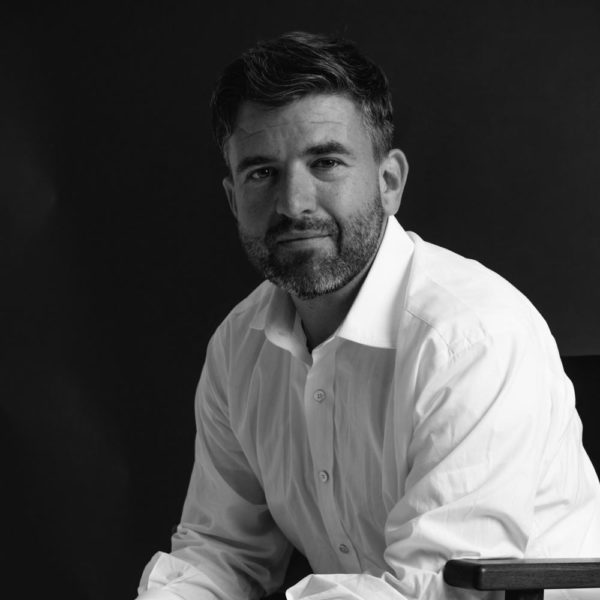 Joseph HaldaneThe International Academic Forum (IAFOR), Japan
Joseph HaldaneThe International Academic Forum (IAFOR), Japan -
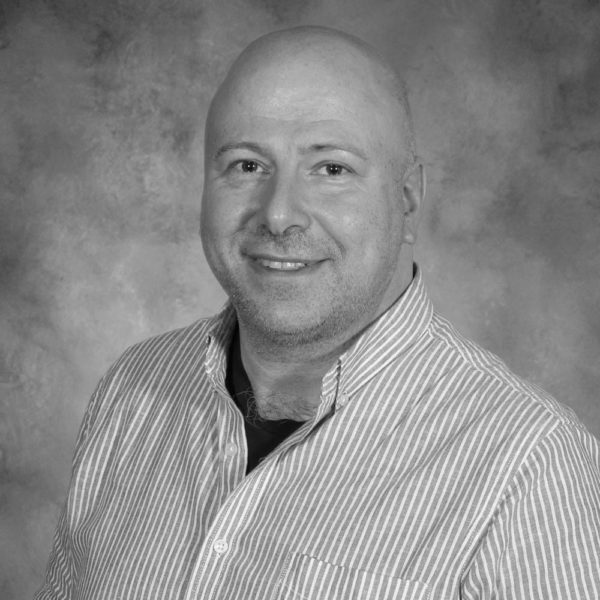 Frank S. RavitchMichigan State University College of Law, United States
Frank S. RavitchMichigan State University College of Law, United States
Programme
-
 Curious About CuriosityFeatured Discussion: Dani S. Bassett & Perry Zurn
Curious About CuriosityFeatured Discussion: Dani S. Bassett & Perry Zurn -
 Are Modern Understandings of Karma the Teaching of Shakyamuni Buddha?Featured Presentation: Brian Victoria
Are Modern Understandings of Karma the Teaching of Shakyamuni Buddha?Featured Presentation: Brian Victoria -
 Recent Developments Concerning the Separation of Religion and State in Contemporary JapanPanel Presentation: Frank Ravitch, Haruko Satoh, Brian Victoria, Joseph Haldane (Moderator)
Recent Developments Concerning the Separation of Religion and State in Contemporary JapanPanel Presentation: Frank Ravitch, Haruko Satoh, Brian Victoria, Joseph Haldane (Moderator) -
 Ships in the Night: Expansion of the Separation of Politics and Religion in Japan as the U.S. Supreme Court Abandons the Separation of Church and StateKeynote Presentation: Frank Ravitch
Ships in the Night: Expansion of the Separation of Politics and Religion in Japan as the U.S. Supreme Court Abandons the Separation of Church and StateKeynote Presentation: Frank Ravitch -
 To Be Young and Depressed: Higher Prevalence Rates for Depression in Youngsters in the NetherlandsKeynote Presentation: Jan Spijker
To Be Young and Depressed: Higher Prevalence Rates for Depression in Youngsters in the NetherlandsKeynote Presentation: Jan Spijker -
 Whose Time Am I Spending? Non-zero-sum Time Perception Promotes Psychological Well-being and ProsocialityKeynote Presentation: Yu Niiya
Whose Time Am I Spending? Non-zero-sum Time Perception Promotes Psychological Well-being and ProsocialityKeynote Presentation: Yu Niiya
Conference Committees
Global Programme Committee
Dr Joseph Haldane, Chairman and CEO, IAFOR
His Excellency Professor Toshiya Hoshino, Osaka University, Japan
Professor Barbara Lockee, Virginia Tech., USA
Professor Donald E. Hall, Binghamton University, USA
Dr James W. McNally, University of Michigan, USA & NACDA Program on Aging
Professor Haruko Satoh, Osaka University, Japan
Dr Grant Black, Chuo University, Japan
Professor Dexter Da Silva, Keisen University, Tokyo
Professor Gary Swanson, University of Northern Colorado, USA
Professor Baden Offord, Curtin University, Australia
Professor Frank Ravitch, Michigan State University, USA
Professor Will Baber, Kyoto University, Japan
Conference Programme Committee
Professor Mimi Bong, Korea University, South Korea
Professor George D. Chryssides, The University of Birmingham, UK
Dr Joseph Haldane, The International Academic Forum (IAFOR), Japan
Professor Roberto Ravera, ASL1 of Imperia, University of Turin & University of Genoa, Italy
Professor Frank S. Ravitch, Michigan State University College of Law, USA
Dr Roswiyani Roswiyani, Tarumanagara University, Indonesia
Professor Monty P. Satiadarma, Tarumanagara University, Indonesia
Professor Dexter Da Silva, Keisen University, Japan
Dr Brian Victoria, Oxford Centre for Buddhist Studies, UK
IAFOR International Academic Advisory Board
Ethics, Religion & Philosophy Division
Dr George D. Chryssides, The University of Birmingham, UK
Professor Lystra Hagley-Dickinson, University of St Mark & St John, UK
Professor Thomas Brian Mooney, Charles Darwin University, Australia
Dr Brian Victoria, Oxford Centre for Buddhist Studies, UK
Professor Frank S. Ravitch, Michigan State University College of Law, USA
Mr Lowell Sheppard, HOPE International Development Agency, Japan
Conference Review Committee
IAFOR's peer review process, which involves both reciprocal review and the use of Review Committees, is overseen by conference Organising Committee members under the guidance of the Academic Governing Board. Review Committee members are established academics who hold PhDs or other terminal degrees in their fields and who have previous peer review experience.
If you would like to apply to serve on the ACERP2023 Review Committee, please visit our application page.
IAFOR Research Centre (IRC) – “Innovation and Value Initiative”
The IAFOR Research Centre (IRC) is housed within Osaka University’s School of International Public Policy (OSIPP), and in June 2018 the IRC began an ambitious new “Innovation and Value Initiative”. Officially launched at the United Nations in a special UN-IAFOR Collaborative Session, the initiative seeks to bring together the best in interdisciplinary research around the concept of value, on how value can be recognised, and measured, and how this can help us address issues and solve problems, from the local to the global.
